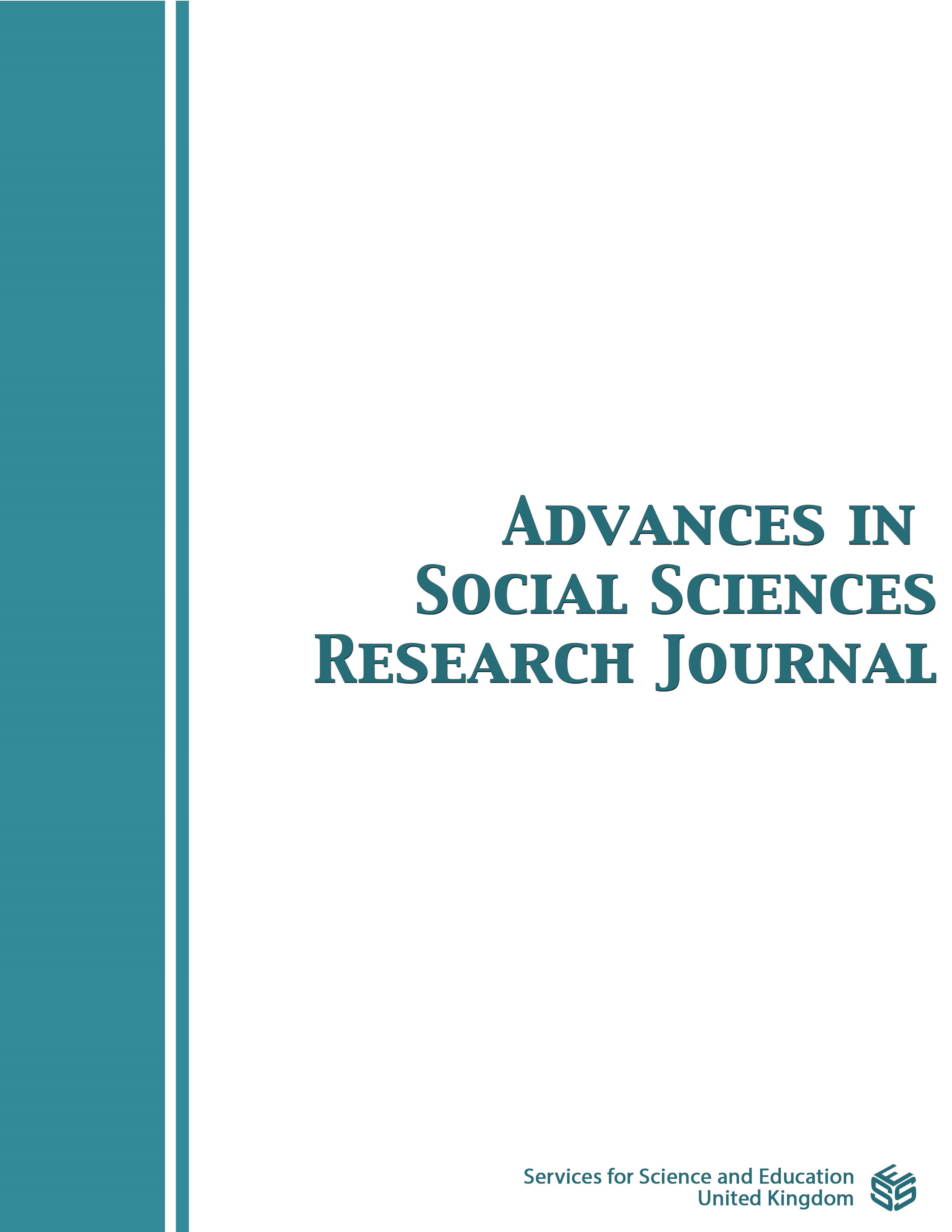Academic Self-Concept Development for STEM College Students: An Analysis on Gender Difference
DOI:
https://doi.org/10.14738/assrj.112.2.16379Keywords:
academic self-concept, STEM, Gender, College StudentsAbstract
Using a nation-wide college student dataset, this study examines the gender disparities in academic self-concept for undergraduate students in Science, Technology, Engineering, and Mathematics (STEM) majors and investigates college experiences affecting academic self-concept in this population. Findings of the current study suggest that overall college satisfaction is the strongest positive predictor of academic self-concept for college students in STEM majors and that institutions and their members should strive to facilitate satisfactory and educationally meaningful college experiences for these students at the macro level. Also, faculty members and administrators in STEM majors should be aware of the importance of positive faculty support on students’ academic self-concept development and should continue trying to create an environment where students can experience more frequent and positive encounters with their faculty members. Lastly, our findings show that the effects of some college experiences on academic self-concept development for STEM students vary by student gender. The findings underscore the significance of the nature or type of college experiences and the corresponding gender inequity and suggest that STEM majors need to facilitate departmental environments where both male and female students can equivalently benefit from their college experiences not only for their academic development but also for other desired college outcomes.
Downloads
Published
How to Cite
Issue
Section
License
Copyright (c) 2024 Cameron Conn, Peter Y. Cho, Linda S Cho

This work is licensed under a Creative Commons Attribution 4.0 International License.
Authors wishing to include figures, tables, or text passages that have already been published elsewhere are required to obtain permission from the copyright owner(s) for both the print and online format and to include evidence that such permission has been granted when submitting their papers. Any material received without such evidence will be assumed to originate from the authors.






